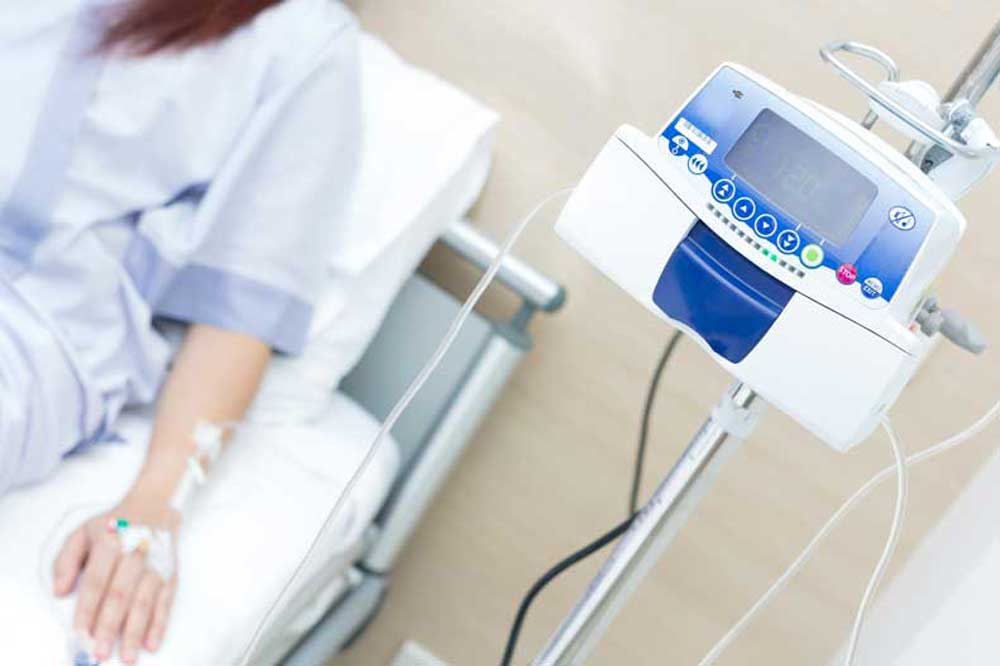My oncologist informed me that I will be treated by chemo soon. Driving back home with lots of anxiety and worry about side effects, I reached out to a friend, breast cancer survivor, for comfort. During discussion, she asked whether I did an oncotype test. To be honest, I had no clue what that meant but understanding that there is a chance that I don’t have to do chemo triggered my curiosity to know more about the test especially that I may avoid chemo’s short- and long-term side effects on quality of life, family life and work life.
So, what is the Oncotype Test? “Oncotype DX” is the only test that predicts two main factors: how likely breast cancer will come back after surgery and the probable benefit of chemotherapy treatment. The test results in a score between 0 and 100 with a minimum number indicating chemotherapy will most likely be beneficial. Scoring above this number makes you a suitable candidate for chemotherapy.
Although this test may identify that chemotherapy is not beneficial for a breast cancer patient and thus can be avoided, healthcare professionals may not always inform you about it. It is crucial to communicate about this test with your oncologist to understand if your breast cancer profile is suitable for the test. Because of the Oncotype DX test, medical doctor Kathy Albain describes that chemo can now be safely avoided in about 70% of patients who are diagnosed with the most common form of breast cancer. She highlights that “for countless women and their doctors, the days of uncertainty are over.”
This was the case with me! I was one of those 70% of patients. When I ended up informing my oncologist about the test, it turned out that I was a suitable candidate. After all, I did not need chemotherapy! Had I not called my friend, I would have suffered the impact of chemo unnecessarily…
To understand the procedure, I asked my oncologist to share some details. Apparently, the test is performed on a minimal amount of breast cancer tissue that is removed during surgery. This tissue is then sent to a laboratory in the USA that looks for certain groups of genes in cancer cells. Depending on the examination, you can understand the chemotherapy benefit for you.
Although you will often need to cover the costs of the test yourself, it is crucial to consider it for your long-term health, especially that chemotherapy may be avoided as was the case with me.
So, stay active in your journey and always communicate with your oncologist about the options available. Avoiding chemotherapy means avoiding its detrimental side effects and impact on your quality of life. One question can go so far.
Disclaimer: We are not trying to promote that chemotherapy can be avoided but instead spreading awareness that in some cases, it is not necessary as the oncotype test will prove it to be unbeneficial. The test would be a guidance to the oncologist to substitute with other interventions that will be necessary for the treatment.

